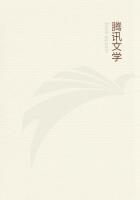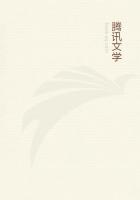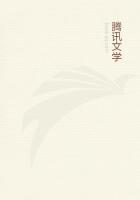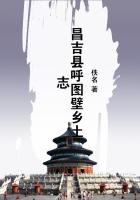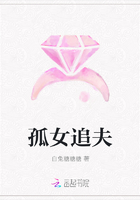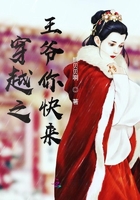Since Prince Andrey had seen him last Kutuzov had grown stouter and more corpulent than ever; he seemed swimming in fat. But the familiar scar, and the white eye, and the expression of weariness in his face and figure were unchanged. He was wearing a white horse-guard’s cap and a military coat, and a whip on a narrow strap was slung over his shoulder. He sat heavily swaying on his sturdy horse.
“Fugh! … fugh! … fugh! …” he whistled, hardly audibly, as he rode into the courtyard. His face expressed the relief of a man who looks forward to resting after a performance. He drew his left foot out of the stirrup, and with a lurch of his whole person, frowning with the effort, brought it up to the saddle, leaned on his knee, and with a groan let himself drop into the arms of the Cossacks and adjutants, who stood ready to support him.
He pulled himself together, looked round with half-shut eyes, glanced at Prince Andrey, and evidently not recognising him, moved with his shambling gait towards the steps.
“Fugh! … fugh! … fugh!” he whistled, and again looked round at Prince Andrey. As is often the case with the aged, the impression of Prince Andrey’s face did not at once call up the memory of his personality. “Ah, how are you, how are you, my dear boy, come along …” he said wearily, and walked heavily up the steps that creaked under his weight. He unbuttoned his coat and sat down on the seat in the porch.
“Well, how’s your father?”
“The news of his death reached me yesterday,” said Prince Andrey briefly.
Kutuzov looked at him with his eye opened wide with dismay, then he took off his cap, and crossed himself. “The peace of heaven be with him! And may God’s will be done with all of us!” He heaved a heavy sigh and paused. “I loved him deeply and respected him, and I feel for you with all my heart.” He embraced Prince Andrey, pressed him to his fat breast, and for some time did not let him go. When he released him Prince Andrey saw that Kutuzov’s thick lips were quivering and there were tears in his eye. He sighed and pressed his hands on the seat to help himself in rising from it.
“Come in, come in, we’ll have a chat,” he said; but at that moment Denisov, who stood as little in dread of the authorities as he did of the enemy, walked boldly up, his spurs clanking on the steps, regardless of the indignant whispers of the adjutants, who tried to prevent him. Kutuzov, his hands still pressed on the seat to help him up, looked ruefully at Denisov. Denisov, mentioning his name, announced that he had to communicate to his highness a matter of great importance for the welfare of Russia. Kutuzov bent his weary eyes on Denisov, and, lifting his hands with a gesture of annoyance, folded them across his stomach, and repeated, “For the welfare of Russia? Well, what is it? Speak.” Denisov blushed like a girl (it was strange to see the colour come on that hirsute, time-worn, hard-drinking face), and began boldly explaining his plan for cutting the enemy’s line between Smolensk and Vyazma. Denisov’s home was in that region, and he knew the country well. His plan seemed unquestionably a good one, especially with the energy of conviction that was in his words. Kutuzov stared at his own feet, and occasionally looked round towards the yard of the next cottage, as though he were expecting something unpleasant to come from it. From the cottage there did in fact emerge, during Denisov’s speech, a general with a portfolio under his arm.
“Eh?” Kutuzov inquired in the middle of Denisov’s exposition, “are you ready now?”
“Yes, your highness,” said the general. Kutuzov shook his head with an air that seemed to say, “How is one man to get through it all?” and gave his attention again to Denisov.
“I give you my word of honour as a Russian officer,” Denisov was saying, “that I will cut Napoleon’s communications.”
“Is Kirill Andreivitch Denisov, the ober-intendant, any relation of yours?” Kutuzov interposed.
“My uncle, your highness.”

